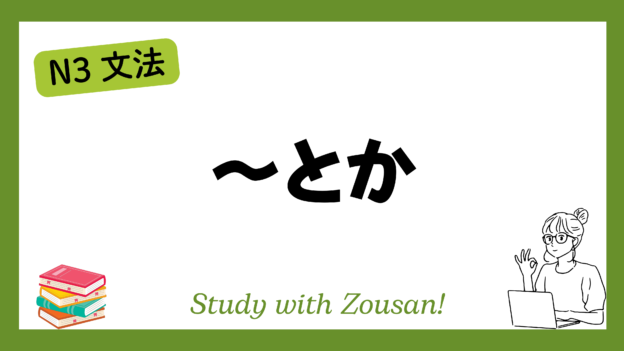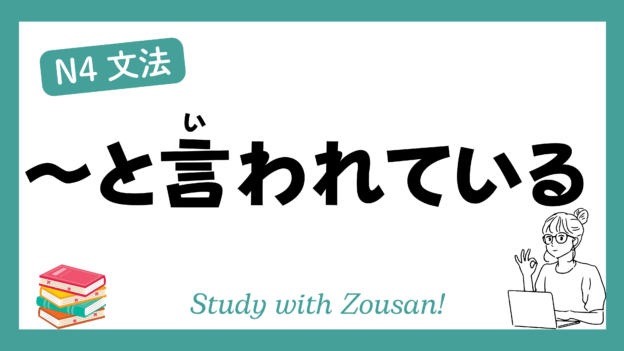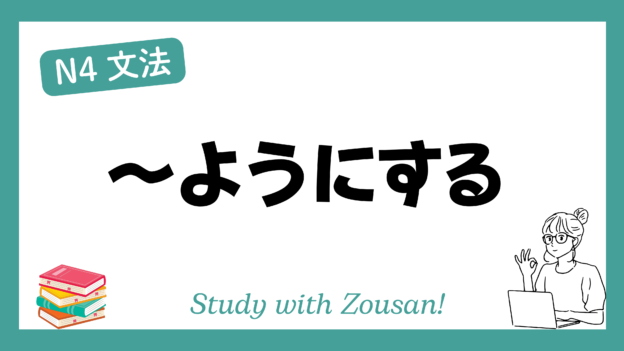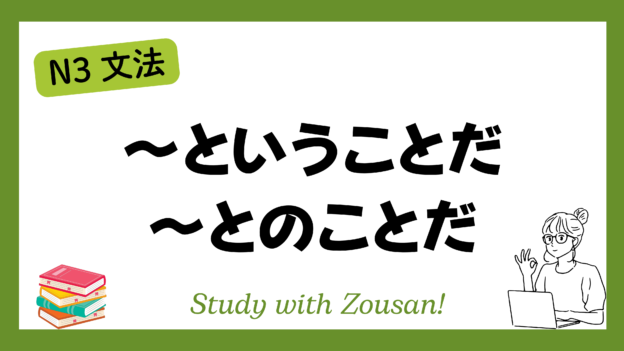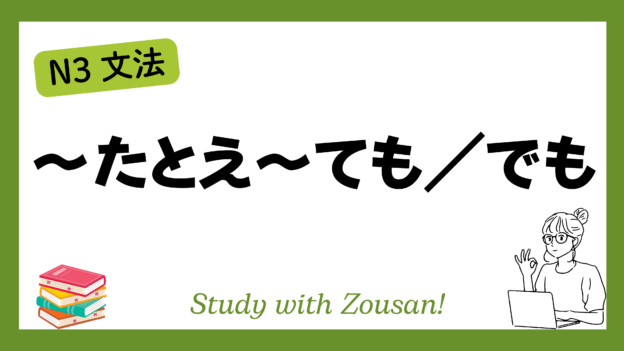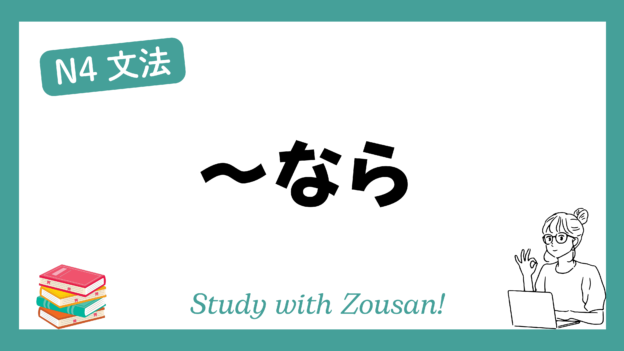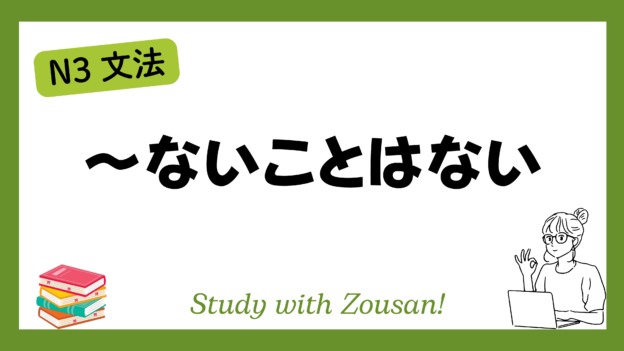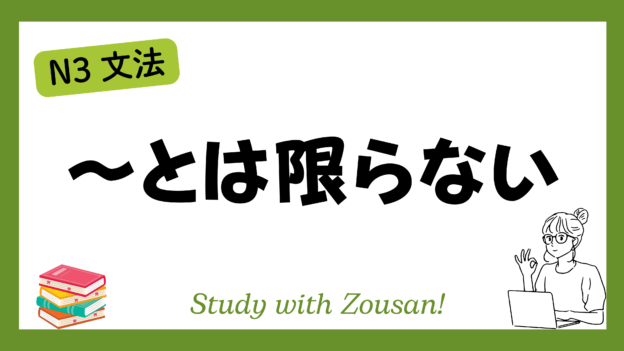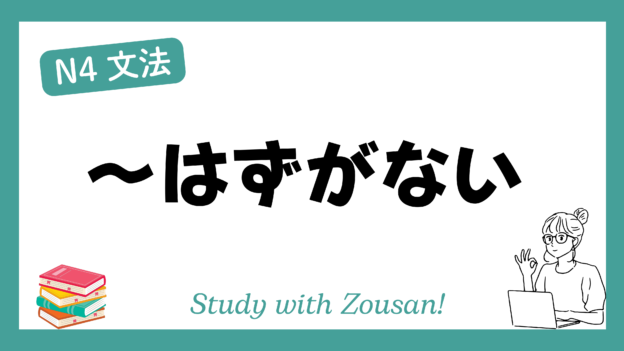Meaning: “such as,” “for example.”
~とか is used to list different examples, often ending with a generalizing term like “such as,” “for example.” It indicates that the list is not exhaustive but serves as a few examples.
Structure:
Noun + とか
Example:
🌟 週末は映画とか、買い物とか、いろいろ楽しみました。
(しゅうまつ は えいが とか、かいもの とか、いろいろ たのしみました。)
I enjoyed various things over the weekend, like watching movies, shopping, etc.
🌟 朝ごはんにはパンとか、卵とか、果物を食べます。
(あさごはん には パン とか、たまご とか、くだもの を たべます。)
For breakfast, I eat things like bread, eggs, and fruit.
🌟 彼の好きな食べ物は寿司とかラーメンとかです。
(かれ の すき な たべもの は すし とか ラーメン とか です。)
His favorite foods are things like sushi and ramen.
🌟 旅行に行くときはカメラとか、パスポートとか忘れないでください。
(りょこう に いく とき は カメラ とか、パスポート とか わすれないで ください。)
When traveling, don’t forget things like your camera and passport.
🌟 友達とカフェとか、公園とか、いろんなところに行きました。
(ともだち と カフェ とか、こうえん とか、いろんな ところ に いきました。)
I went to various places with my friend, like cafes and parks.


